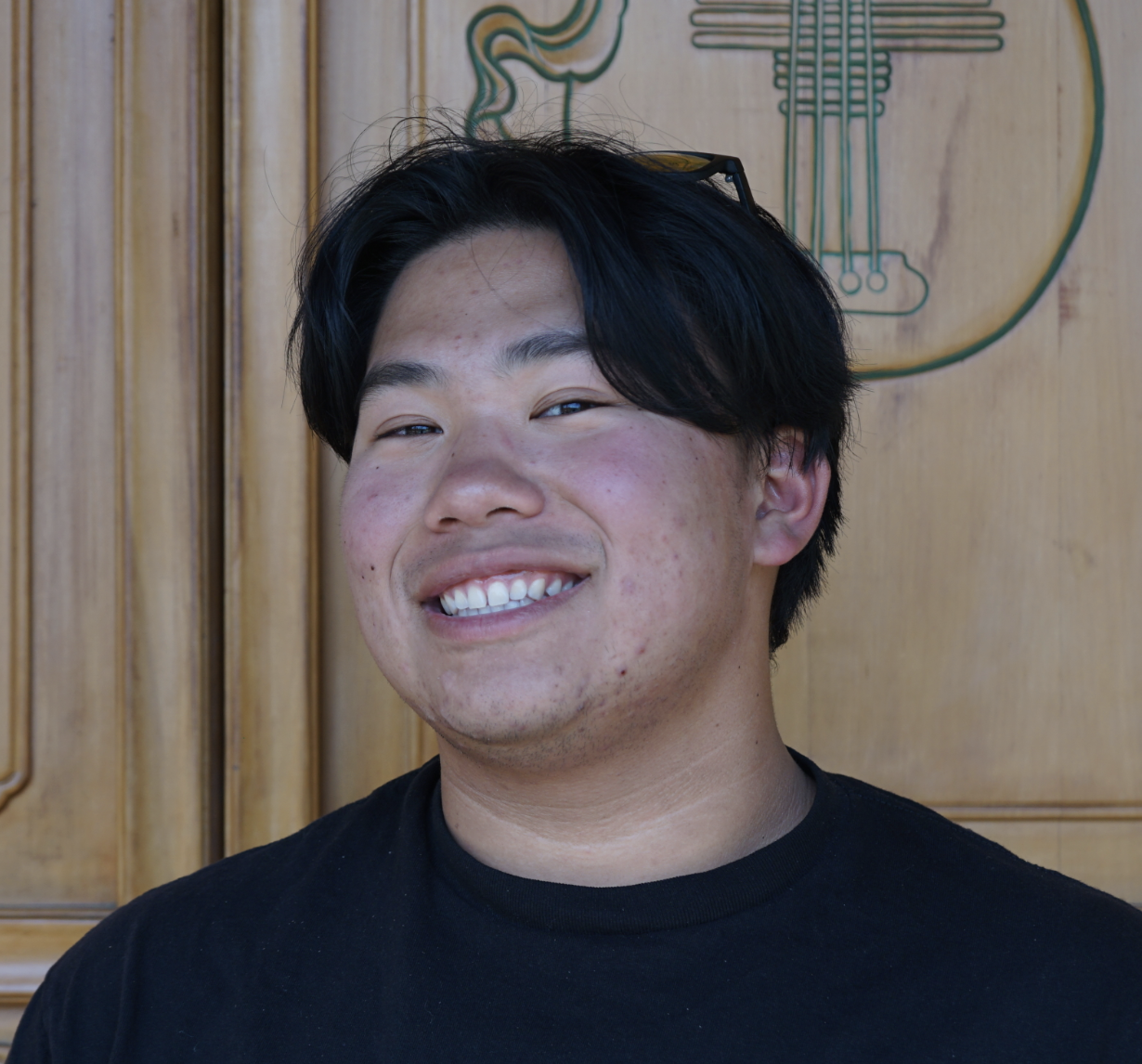Earn the World’s First B.A. IN Christian Liberal Arts with an emphasis in Civics, Entrepreneurship, and Economics
A Degree That Integrates Wisdom From the Past with Innovation for the Future
From their first semester to their last, Hildegard undergrads explore the questions that make us human.
Explore the world-changing ideas of history’s greatest thinkers while also growing in faith and transforming your own ideas into real ventures and ministries. Build a Foundation of Thought by examining the works of the Old and New Testaments, Aristotle, Euclid, Thomas Aquinas, Augustine, Dante, Shakespeare, Newton, and other luminaries. And use this foundation to discover your calling and gain practical experience in designing your own programs and services.
read the great works
FOUNDATIONS OF THOUGHT
In Foundations of Thought, students examine 6 questions that are essential to what it means to be human. Each term students explore the greatest works on one of these questions, building fluency in its history in philosophy, theology, mathematics, literature, science, politics, and the arts.
What does it mean to be Free?
What is the Human Condition?
What makes a society Just?
Who is God?
What is the Good?
What is Nature?
Foundations of Thought classes meet in small discussion seminars and are taught entirely through primary historical sources. Rather than busy work, lectures, and quizzes, Hildegard undergrads learn to ask questions, lead discussion, and present arguments in writing.
hands-on learning
ENTREPRENEUR lab
While building their intellectual foundation, students join other founders as members of the Hildegard Entrepreneur Lab — a hands-on approach to learning civics, leadership, economics, business, and other skills you need to put your conviction into practice in the real world.
In the Entrepreneur Lab, students DISCOVER where their passion aligns with their calling; DESIGN mission-driven products and services; and DEVELOP their ideas into real-world solutions
Program Details
4-year sample schedule
Hildegard undergraduates earn a B.A. in Christian Liberal Arts with an emphasis in Civics, Entrepreneurship, & Economics. Students’ time is divided into coursework in Foundations of Thought seminars and in the Entrepreneur Lab. In their 4th year, undergrads devote the majority of their time to the “Launch” phase of the product, program, or service they’ve designed in the Entrepreneur Lab.
YEAR 1 - DISCOVER
Fall
FOT 150 - What is the Human Condition? (6 units)
FOT 251 - Beauty (3 units)
ENT 110 - “Discover”: Leadership, Strategy, Product Development (6 units)
Spring
FOT 140 - What is Nature? (6 units)
FOT 241 - Euclidean Geometry (3 units)
ENT 150 - “Discover”: Business Models, Financial Planning, Org Development (6 units)
YEAR 2 - design
Fall
FOT 210 - Who is God? (6 units)
FOT 211 - Ancient and Modern Logic (3 units)
ENT 210 - “Design”: Leadership, Strategy, Product Development (6 units)
Spring
FOT 220 - What does it mean to be Free? (6 units)
FOT 221 - Knowledge, Education, and Society (3 units)
ENT 250 - “Design”: Business Models, Financial Planning, Org Development (6 units)
YEAR 3 - Pilot
Fall
FOT 330 - What is the Good? (6 units)
FOT 231 - Synoptic Gospels, Acts, & Apostolic Fathers (3 units)
ENT 310 - “Pilot”: Leadership, Strategy, Product Development (6 units)
Spring
FOT 360 - What makes a society Just? (6 units)
FOT 261 - New Testament Letters (3 units)
ENT 350 - “Pilot”: Business Models, Financial Planning, Org Development (6 units)
YEAR 4 - Launch
Fall
ENT 410 - “Launch”: Leadership, Strategy, Product Development (6 units)
PRC 320 - Practicum: Internship (3 units)
ELC 210 - Elective: Plato’s Dialogues (3 units)
ELC 310 - Elective: Modern Fiction (3 units)
Spring
ENT 450 - “Launch”: Business Models, Financial Planning, Org Development (6 units)
PRC 410 - Practicum: Startup Coaching (6 units)
PRC 420 - Practicum: Investor/Donor Relations (6 units)
ELC 410 - Elective: Modern Ethics (3 units)




